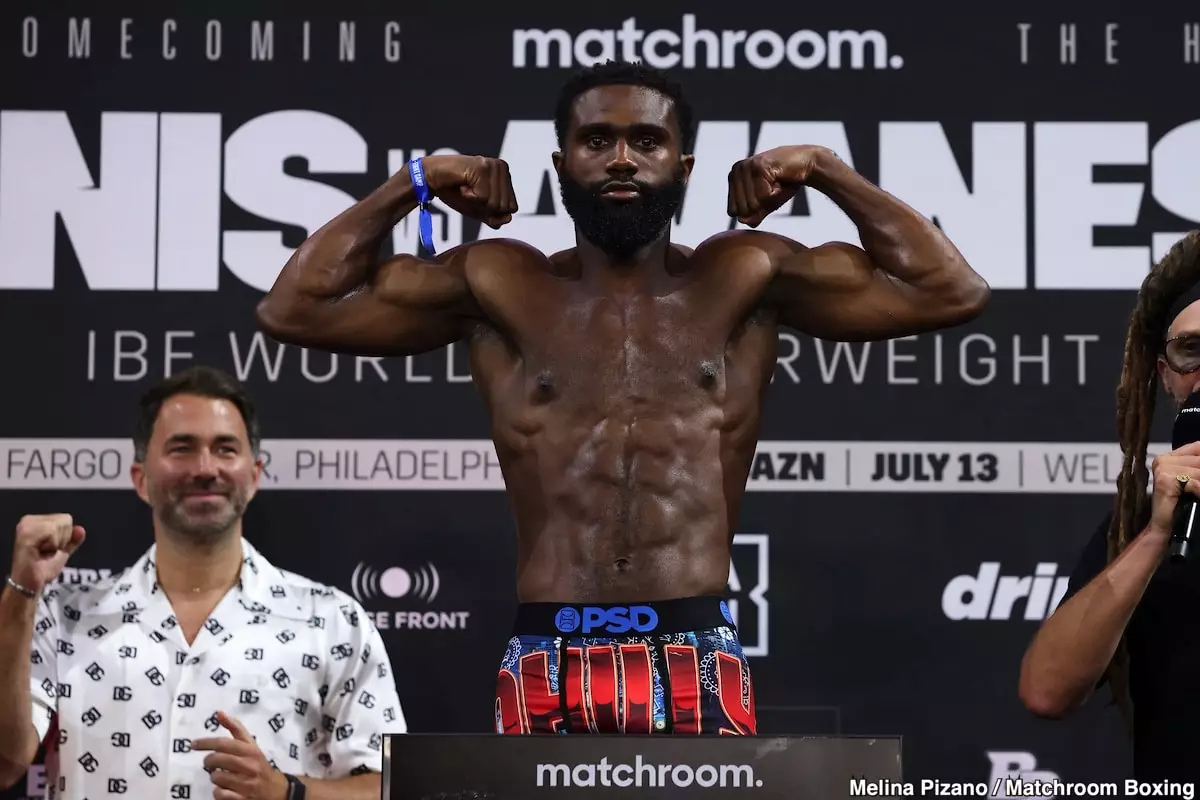The world of boxing is no stranger to controversy, particularly when it comes to the selection of judges for high-stakes matches. Recently, Australia was embroiled in a heated discussion surrounding the assigning of judges for the Tim Tszyu versus Joey Spencer fight. Initially, three Australian judges were appointed, which sparked outrage from Spencer and his camp due to prior assurances of neutral officiating. This incident was resolved before the fight commenced, ultimately leading to Tszyu’s victory by stoppage—a definitive outcome that quelled any potential bias concerns. However, as we gear up for the upcoming welterweight clash between Jaron “Boots” Ennis and Eimantos Stanionis, parallels to the earlier controversy are unavoidable.
Potential Pitfalls in Judge Assignment
As reported by The Ring, this highly anticipated match will feature a trio of American judges and a referee, raising eyebrows among boxing aficionados and casual observers alike. While no overt allegations of impropriety have surfaced and Stanionis’ promoter has approved the officials, the absence of neutral judges invites skepticism. In a sport rife with contentious decisions, the integrity of officiating cannot be overstated. The concern extends beyond mere optics; it goes to the heart of fairness and impartiality in sport, especially when the fighters come from different countries. Should Ennis emerge victorious in a closely fought battle, fans of Stanionis are likely to react strongly if they perceive the judgment to be skewed.
Why Neutral Judges Matter
Historically, boxing has witnessed numerous instances of dubious scoring, often exacerbated by biased judges. Imagine the outcry that would ensue if three Lithuanian judges were to score a bout in favor of Stanionis, leaving American fans feeling cheated. The expectation of neutrality is not just a best practice; it is essential for preserving the sanctity of competition. If the fight goes the distance and the decision hinges on a close score, the implications can be significant, including tarnishing the reputations of both fighters. Boxing should thrive on athleticism, skill, and strategy—not the unsettling question of whether the judges’ biases come into play.
A Fight Style Showcase
As for the bout itself, Ennis enters with an impressive record of 33-0 (29 KOs), while Stanionis stands at 15-0 (9 KOs). Early betting trends make Ennis a considerable favorite, which speaks volumes about how the boxing community is perceiving this matchup. However, it’s worth noting that odds can shift rapidly once the bell rings and fighters answer the call of the ring. I anticipate a fiercely competitive clash where both boxers vie for supremacy. Should Ennis manage to secure a knockout, he would eliminate any doubt about the outcome. Yet, if the match is as close as I suspect, questions surrounding the judges’ objectivity may emerge anew.
Moving Forward: A Call for Change
In an era when transparency and accountability are paramount, it is crucial for boxing organizations to reassess their policies regarding officials’ selection. Fans should not suffer the anxiety of questioning results due to biased judging. As we approach future events, it’s imperative for boxing authorities to prioritize the integrity of the sport. Neutral judges are a step toward ensuring fair competition and upholding the value of sporting excellence. The legacy of boxing should be defined by its athletes’ accomplishments, not the controversies that arise during the judging process.


Leave a Reply